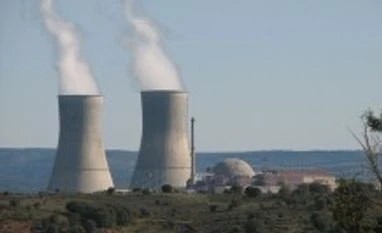The previous round of formal negotiations was on November 7-8. This was only a couple of weeks after a massive earthquake struck Japan’s east coast; a tsunami advisory was issued for the Fukushima area, where there was a notorious accident, in the wake of a quake, in early 2011.
“Both sides discussed the civil nuclear cooperation agreement and sought to iron out all pending issues,” a senior ministry of external affairs official told Business Standard. This was also apparently discussed during the meeting between External Affairs Minister Salman Khurshid and Japan foreign minister Fumio Kishida, on the sidelines of the recently concluded Asia-Europe Foreign Ministers Meeting.
More From This Section
Formal negotiations to establish a civil nuclear deal with Japan started in June 2010 in Tokyo, followed by consecutive rounds in October (Delhi) and November (Tokyo). However, India slowed the pace of negotiations in the the aftermath of the Fukushima nuclear accident in March 2011. The talks were revived in May this year by Prime Minister Manmohan Singh and his Japanese counterpart Shinzo Abe.
“Negotiations are underway. The two Prime Ministers have instructed that the negotiations have to be accelerated and meetings have been held. The two foreign ministers also shared the view that we need to continue to accelerate the negotiations,” said Koichi Mizushima, deputy press secretary of Japan’s foreign ministry. He said both sides needed to show “some flexibility to conclude negotiations”.
India has inked deals on cooperation in nuclear energy with a host of countries — the US, France, South Korea, Canada and Australia, among others. The governmenta aims to achieve a nuclear power capacity of 63,000 Mw by 2032, from the current installed capacity of 4,780 Mw.
Japanese energy companies are eagerly waiting for the deal with India. as they see huge potential in helping India build nuclear plants, competing with US and French suppliers. Also, Japanese companies have stakes in all US and French firms which would be setting up nuclear power plants in India, according to a report by the Institute for Defence Studies and Analyses.
)